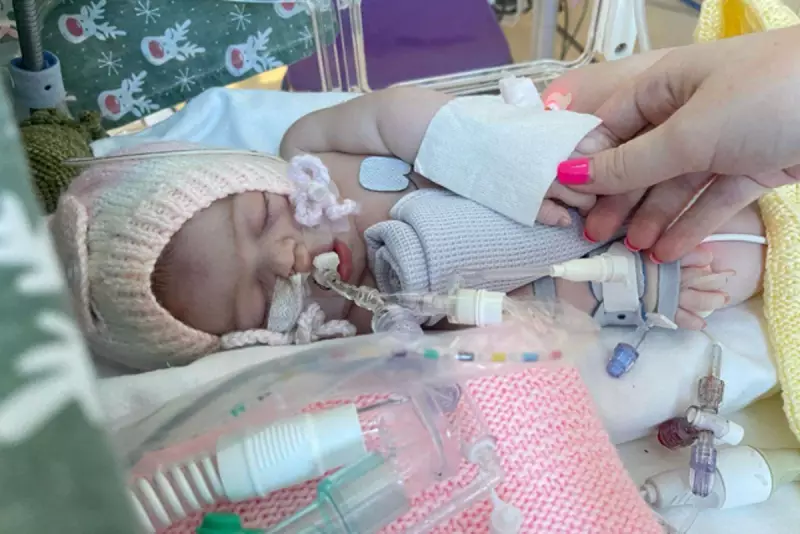
In a monumental leap for paediatric medicine, a collaborative team of British and Belgian scientists has unveiled a groundbreaking new gene therapy for children born with a severe immune deficiency, effectively creating a 'functional cure'.
The pioneering treatment, developed by researchers from London's world-renowned Great Ormond Street Hospital (GOSH) and University College London (UCL), alongside partners in Belgium, targets Severe Combined Immunodeficiency (SCID). This condition, often dubbed 'bubble baby' syndrome, leaves infants without a functioning immune system, making them vulnerable to every passing infection.
A Softer Path to Recovery
The new method represents a significant improvement over existing treatments. Previously, the standard therapy involved a stem cell transplant from a donor, which required intensive and toxic chemotherapy to prepare the child's body. This process is gruelling and carries substantial risks.
This novel gene therapy eliminates the need for chemotherapy altogether. It works by extracting the child's own bone marrow cells, using a harmless virus to deliver a correct copy of the faulty gene, and then reinfusing the repaired cells back into the patient.
Restoring Immunity, Transforming Lives
The results, published in the New England Journal of Medicine, are nothing short of remarkable. The study followed a group of children who received the new treatment.
- Rapid Immune Recovery: Children began developing robust immune systems within weeks.
- Excellent Safety Profile: The treatment was well-tolerated, with minimal side effects reported.
- Long-Term Efficacy: Treated children are now living at home, living normal lives, with their immune systems functioning as they should.
Professor Claire Booth, a co-lead author on the study from GOSH and UCL, hailed the development, stating it has the potential to "transform the lives of families affected by this devastating condition" and could become the new standard of care globally.
This breakthrough not only offers immediate hope for children with this specific form of SCID but also paves the way for applying similar gene therapy techniques to a wider range of genetic disorders, solidifying the UK's position at the forefront of medical innovation.





